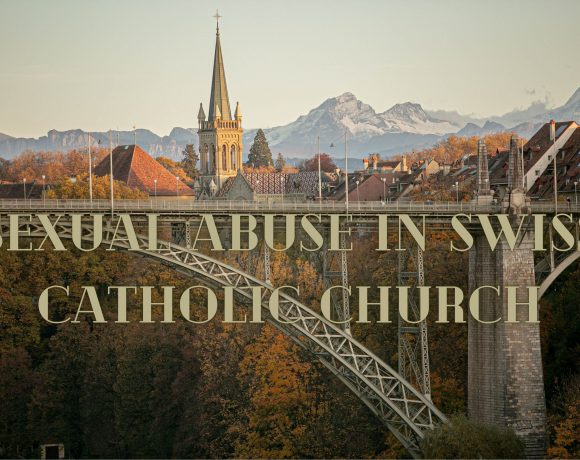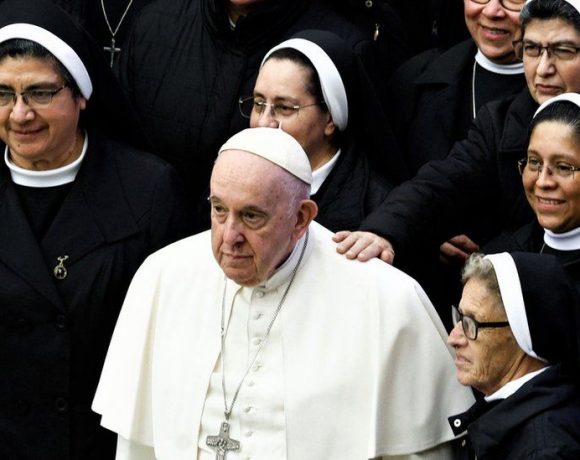
A recent official investigation into the Roman Catholic Church in Switzerland has revealed nearly 1,000 cases of sexual abuse dating back to 1950. The report, compiled by researchers from the University of Zurich, found that the majority of victims were children, with 56% of them being male. Most of the accused individuals were men, and there was also evidence of a widespread cover-up within the Church.
The study, which was commissioned by Church authorities and conducted over a year, granted access to Church archives and included interviews with victims of sexual abuse. However, the researchers noted that many relevant documents had not been provided. They also uncovered instances of records being destroyed in two dioceses, and some cases of abuse were not documented or archived.
The report suggests that the identified cases represent only a fraction of the actual abuse cases, as many likely went unreported. A significant portion of the abuse occurred during pastoral activities, such as confession, altar service, and religious education in children’s clubs and associations. About 30% of the abuse took place within institutions like Catholic children’s homes, day schools, and boarding schools.
The researchers criticized Church officials, including bishops, for their inadequate response to these cases, often keeping them secret, covering them up, or downplaying their significance. They found evidence of clerics accused of abuse being systematically reassigned to different roles, sometimes abroad, to avoid prosecution, prioritizing the Church’s interests over the safety of parishioners.
This culture of secrecy and protection persisted until the 21st century, when various sex abuse scandals began to surface. Groups representing sexual abuse victims expressed their disappointment in the Church’s actions over the decades, accusing it of prioritizing the institution’s reputation over the well-being of victims.
In response to the report, the president of the Swiss Bishops’ Conference acknowledged that the organization had made numerous excuses and had fallen short in its response to victims’ needs. Church authorities pledged to fund a follow-up project by the University of Zurich, set to begin in 2024.
Picture Courtesy: Google/images are subject to copyright



